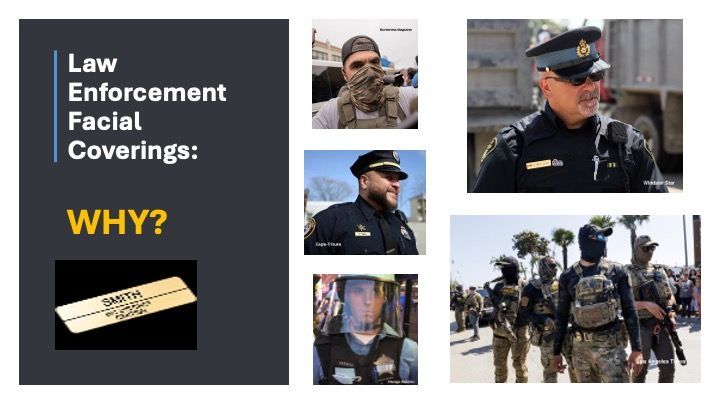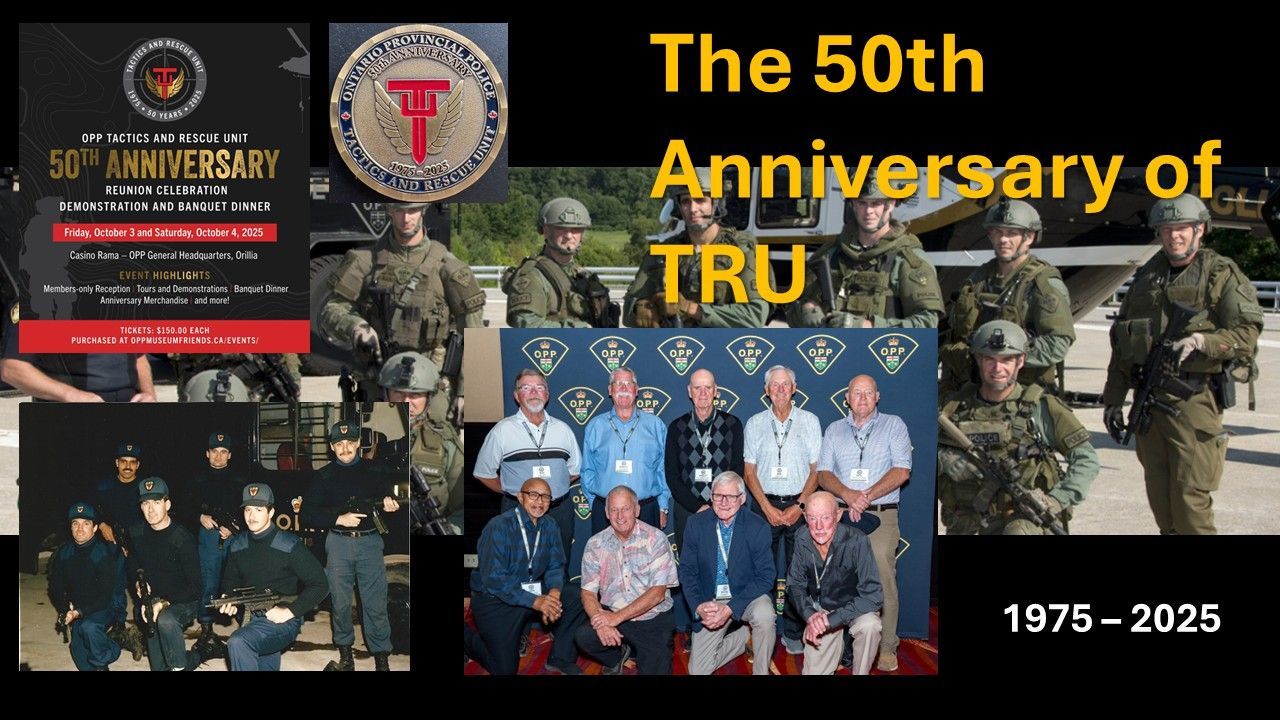New Paragraph

Although long retired from law enforcement, my heart still skips a beat when I hear of a police officer being killed in the line of duty. I want to drop to my knees and scream.
I can remember every police funeral I attended – whether I personally knew the officer or not, it broke my heart. Most police officers experience similar emotions I’m sure, including having the events trigger deep and dark memories from past traumatic incidents they experienced over their careers. It’s never easy and it tends to drag down the morale of all police officers in the days to follow.
Sadly, Canadian police officers have lived through that nightmare again and again over the past several weeks, each death compounding their powerful sense of loss and in some cases their diminishing resolve.
The murder of Toronto Police Const. Andrew Hong on September 21 followed by the murders of Constables Morgan Russell and Devon Northrup of the South Simcoe Police Service – who were also killed by gunfire less than three weeks later, left police officers devastated and many were understandably asking themselves questions about the reality of policing in 2022. Some retired officers were publicly expressing safety concerns for serving members and occasionally stating words to the effect that they wouldn’t want to be police officers in these difficult times. That expressed sentiment spreads far and wide among communities and potential police applicants.
Within weeks of those two tragedies – that had already left many officers and citizens wondering if it could possibly get worse - RCMP Const. Shaelyn Yang was stabbed to death in Burnaby, BC. A fourth Canadian police officer was intentionally killed in 37 days. During all of that tragedy, Const. Travis Gillespie of the York Regional Police was killed in a traffic collision with an alleged impaired motorist while driving to work. As devastating as his death was, it did differ in that he was not actively conducting policing duties at the time of his death. Regardless, it added to the overall narrative about the dangers of policing.
All the attention to these events is understandable. It even had me pondering the risks of modern-day policing in Canada and the impact that might have on police recruiting and the future of the profession.
Canadian policing has seen similar dire trends in the past that at the time raised concerns that policing was seeing a new norm. Four RCMP officers were shot to death in an incident in Mayerthorpe, Alberta in 2005. Three more RCMP were murdered and two injured in a mass shooting in Moncton, NB in June 2014. The OPP and the Toronto Police Service have each had two officers murdered in a single incident at different times in the past 50 years. Over the course of a single calendar year, six officers were murdered a number of times in Canada – as recently as the mid 1980s.
That information is not meant to say it has been worse or to anyway downplay the tragic impact of four Canadian police officers being murdered in a four-month period. It was only provided to demonstrate that we have had horrendous years in this country in the past. At those times police officers undoubtedly questioned our ability to move forward, but we did.
For at least the past 10 years Canadian police have also been under fire from other perspectives.
Lots of individual issues can drop police morale, even without the loss of life like we have just seen. Budget and staffing levels are problematic in several jurisdictions, which ultimately impacts response times, stress and officer morale. In other cases, leadership failures at various levels in some police services have negatively impacted employee morale.
Bail and justice system issues loom large on the morale and officer safety fronts as well, when many cases dangerous individuals are arrested on gun charges while already on bail for similar offences but are seemingly released before officers have had time for a lunch break. Additionally, the anti-police “vocal-minority” vitriol of some individuals and groups that are captured in mainstream and social media feeds with cries to “defund police”, while making constant allegations of police racism and the unlawful use of force, challenges morale. Concurrently, officers respond to back-to-back traumatic incidents and to violent and protracted public protests. The ongoing stress emerging from the combined total of these challenges can very much affect a broad number of uniformed and civilian police employees.
Policing is a dangerous occupation with many risks to the physical and mental health of officers. Some detractors argue “well that’s what police sign up for”, which is ridiculous. We all know that many other careers are dangerous as well, but police face risk while serving the public and it is one of very few vocations where some people murder personnel for no other reason than their uniform. Although Canadian police are now better trained, armed and equipped than ever in our history and are well-aware of the inherent risks, none of them sign up accepting that being injured, psychologically scarred or killed simply comes with the turf.
As a group, Canadian police officers are second to none on earth. They will always face internal and external challenges in performing their duties; they will experience traumatic incidents, public criticism and sadly, the occasional loss of a colleague. I’m confident that despite those obstacles, they will continue protecting the public from victimization 24/7, 356 days a year. And thousands of young Canadians who are in high school or post-secondary education right now will apply and be hired to replace officers when they retire. But our police need our help and support.
They still don’t hear enough from the quiet majority that love and respect them. We all need to communicate our appreciation whenever we can. They do hear negativity – largely through nameless, faceless, social media trolls that either don’t have a clue of which they speak or have ridiculous and/or untrue criticisms. If have they did have a valid complaint, they’d bring it to the appropriate oversight body for investigation and let the cards fall. But instead, they anonymously fling dirt into the social media swirl to see what sticks. Good citizens could counter a lot of that damaging silliness by telling the many true stories of police professionalism and commitment to their communities.
Let’s all help these wonderful public servants through this current hard time – and offer our thanks when we see them, knowing full well that when we are at our worst in life, they will bravely respond to be there for us.
Chris Lewis is a former commissioner of the Ontario Provincial Police and the current public safety analyst for CTV News.




